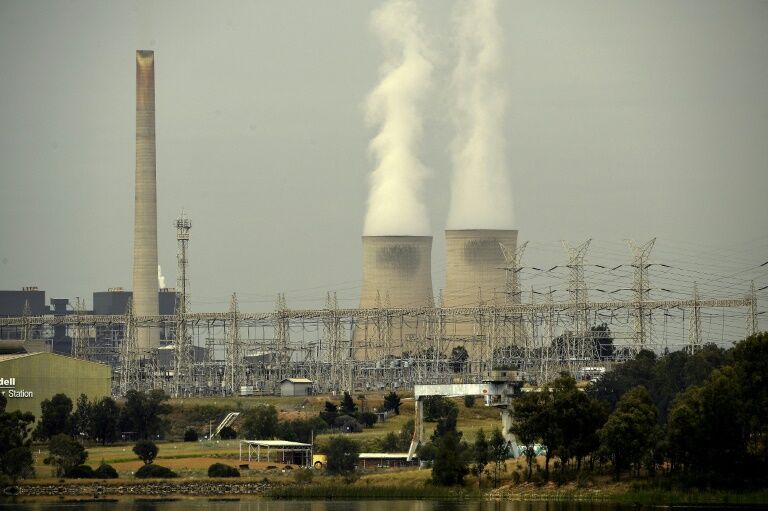Australia’s oldest coal-fired power plant closure and shift towards renewable energy

Australia‘s most senior coal-fired power plant is set to close today, marking a significant step towards the nation’s transition to renewable energy sources. Previously notorious for its climate inaction, Australia is now preparing for a remarkable transformation in its energy sector.
The Liddell power station, located approximately a three-hour drive north of Sydney, is just one of several ageing coal-fired facilities scheduled to shut down within the next few years. Established in 1971, Liddell accounts for roughly 10% of the power supply for New South Wales, the country’s most populated state.
Australia has been traditionally reliant on coal for the majority of its electricity needs. However, Mark Diesendorf, a renewable energy expert from the University of New South Wales, highlighted that plants like Liddell have become highly inefficient, heavily polluting, and costly to maintain. Continuing their use will make achieving Australia’s climate targets a near-impossible feat.
The country has long resisted pressure to reduce its coal industry, despite being one of the world’s largest coal producers and exporters. However, the centre-left government elected last year, committed to climate action, has pledged that 82% of Australia’s electricity will be sourced from renewables by 2030. To achieve this, a significant overhaul is required. In comparison, while countries like Norway generate over 90% of their power through renewables, Australia currently stands at approximately 30%.
Diesendorf emphasized the need for a quick phase-out, stating that these stations are overdue for retirement and lack any economic justification for being replaced with new coal facilities.
In recent years, public pressure has pushed many Australian fossil fuel companies to prefer closing their old coal plants rather than keeping them operational. Energy company AGL initially intended to shut down Liddell in 2022 but extended its operations until April to support the energy grid’s reliability.
The country’s largest coal-fired power station, the Eraring facility in New South Wales, is set to close in 2025, with several other plants expected to follow suit over the next decade. This growing shift towards renewables will test their capability to fill the existing gaps in the energy supply, according to climate finance expert Tim Buckley.
Buckley noted that Australia possesses the natural resources, such as abundant sunshine and wind, to become a renewable energy leader. However, the challenge lies in storing the energy and distributing it across vast distances to towns and cities. Despite this, he highlighted the growing momentum behind the renewables sector and acknowledged that new projects are continually emerging.
Achieving Australia’s net-zero emissions target by 2050 remains a colossal challenge, especially considering the long-standing “climate wars” that have divided the nation’s political landscape. With 19% of Australia’s emissions coming from transport, and a lack of fuel efficiency standards, the government is set to address this issue imminently.
Moreover, even as Australia attempts to clean up its domestic energy market, its economy continues to be driven by coal and gas exports. Various coal mines, oil fields, and gas projects are currently in the government’s planning stages. This contradiction, according to Diesendorf, highlights Australia’s role as a “terrible laggard” in terms of coal and gas mine development for export, reported Bangkok Post.
Latest Thailand News
Follow The Thaiger on Google News:


























